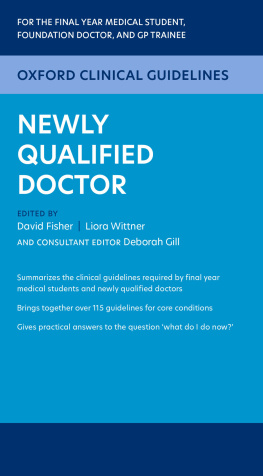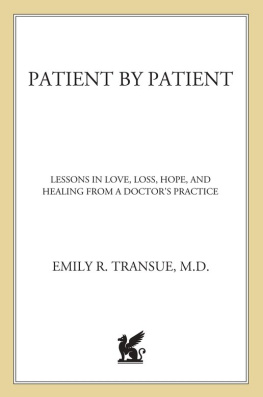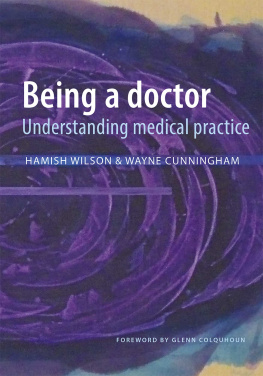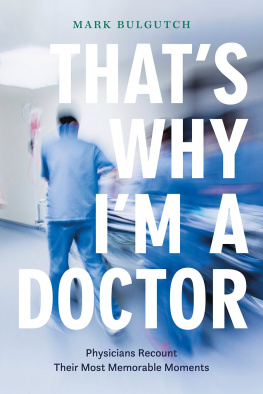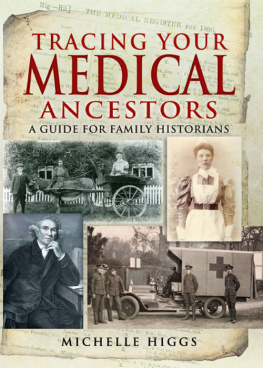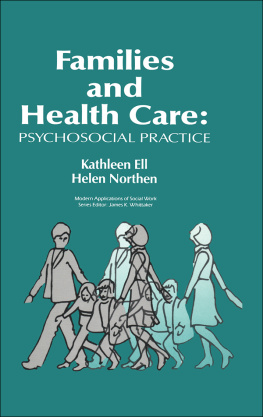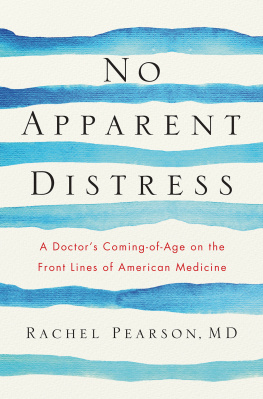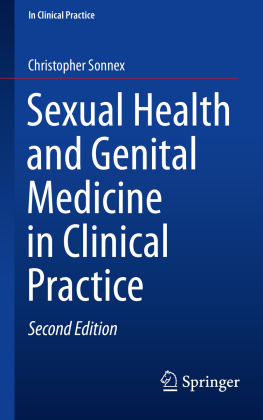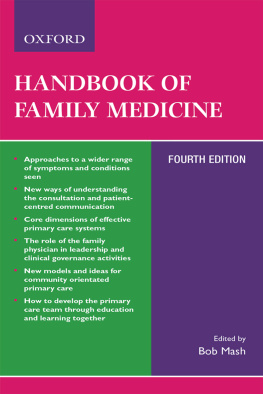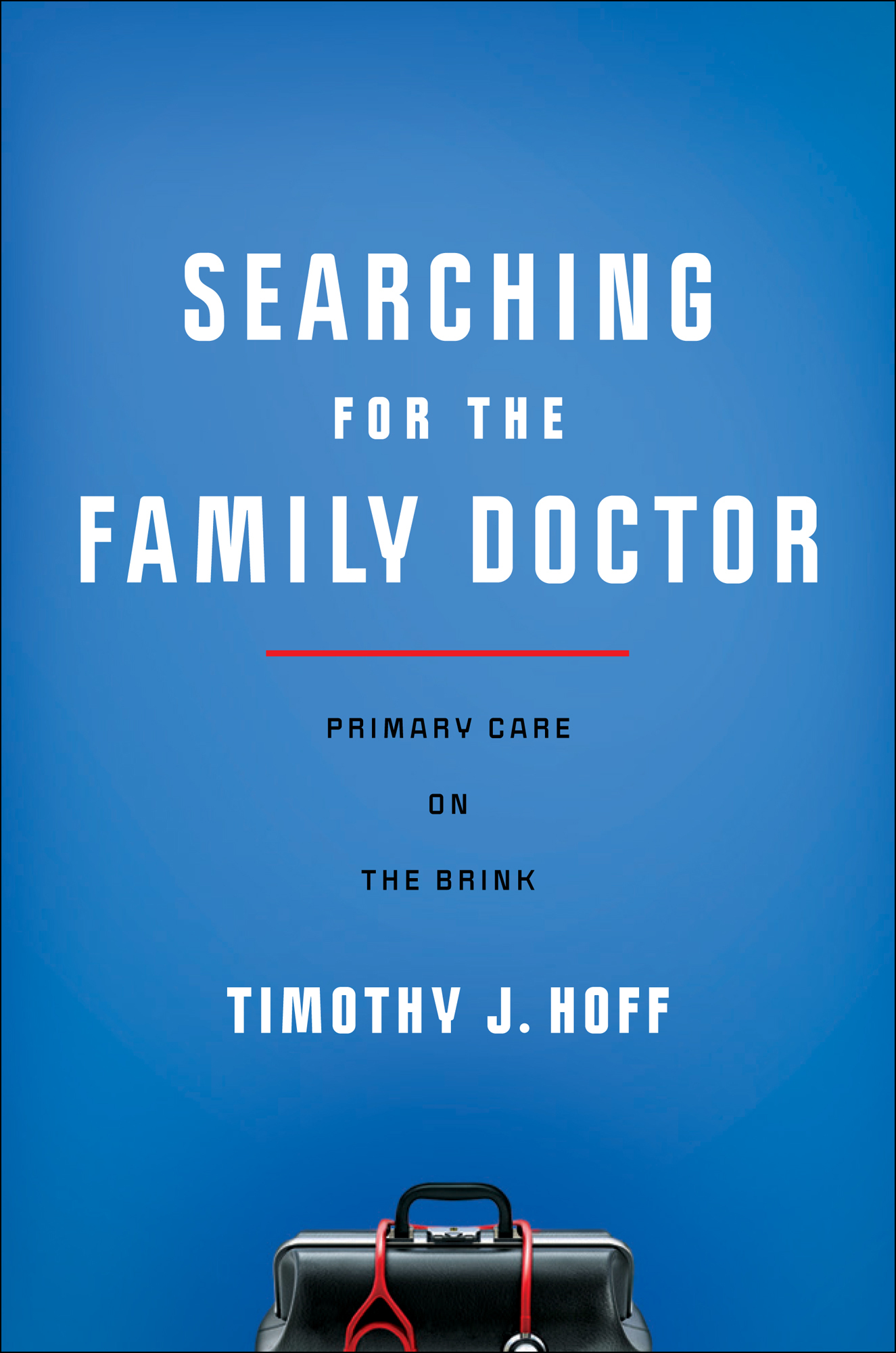Timothy J. Hoff - Searching for the Family Doctor: Primary Care on the Brink
Here you can read online Timothy J. Hoff - Searching for the Family Doctor: Primary Care on the Brink full text of the book (entire story) in english for free. Download pdf and epub, get meaning, cover and reviews about this ebook. year: 2022, publisher: Johns Hopkins University Press, genre: Home and family. Description of the work, (preface) as well as reviews are available. Best literature library LitArk.com created for fans of good reading and offers a wide selection of genres:
Romance novel
Science fiction
Adventure
Detective
Science
History
Home and family
Prose
Art
Politics
Computer
Non-fiction
Religion
Business
Children
Humor
Choose a favorite category and find really read worthwhile books. Enjoy immersion in the world of imagination, feel the emotions of the characters or learn something new for yourself, make an fascinating discovery.

- Book:Searching for the Family Doctor: Primary Care on the Brink
- Author:
- Publisher:Johns Hopkins University Press
- Genre:
- Year:2022
- Rating:3 / 5
- Favourites:Add to favourites
- Your mark:
Searching for the Family Doctor: Primary Care on the Brink: summary, description and annotation
We offer to read an annotation, description, summary or preface (depends on what the author of the book "Searching for the Family Doctor: Primary Care on the Brink" wrote himself). If you haven't found the necessary information about the book — write in the comments, we will try to find it.
With family doctors increasingly overburdened, bureaucratized, and burned out, how can the field change before its too late?
Over the past few decades, as American medical practice has become increasingly specialized, the number of generalistsdoctors who care for the whole personhas plummeted. On paper, family medicine sounds noble; in practice, though, the field is so demanding in scope and substance, and the health system so favorable to specialists, that it cannot be fulfilled by most doctors.
In Searching for the Family Doctor, Timothy J. Hoff weaves together the early history of the family practice specialty in the United States with the personal narratives of modern-day family doctors. By formalizing this area of practice and instituting specialist-level training requirements, the originators of family practice hoped to increase respect for generalists, improve the pipeline of young medical graduates choosing primary care, and, in so doing, have a major positive impact on the way patients receive care. Drawing on in-depth interviews with fifty-five family doctors, Hoff shows us how these medical professionals have had their calling transformed not only by the indifferent acts of an unsupportive health care system but by the hand of their own medical specialtya specialty that has chosen to pursue short- over long-term viability, conformity over uniqueness, and protectionism over collaboration. A specialty unable to innovate to keep its membership cohesive and focused on fulfilling the generalist ideal.
The family doctor, Hoff explains, was conceived of as a powered-up version of the country doctor idea. At a time when doctor-patient relationships are evaporating in the face of highly transactional, fast-food-style medical practice, this ideal seems both nostalgic and revolutionary. However, the realities of highly bureaucratic reimbursement and quality-of-care requirements, educational debt, and ongoing consolidation of the old-fashioned independent doctors office into corporate health systems have stacked the deck against the altruists and true believers who are drawn to the profession of family practice. As more family doctors wind up working for big health care corporations, their career paths grow more parochial, balkanizing the specialty. Their work roles and professional identities are increasingly niche-oriented.
Exploring how to save primary care by giving family doctors a fighting chance to become the generalists we need in our lives, Searching for the Family Doctor is required reading for anyone interested in the troubled state of modern medicine.
Timothy J. Hoff: author's other books
Who wrote Searching for the Family Doctor: Primary Care on the Brink? Find out the surname, the name of the author of the book and a list of all author's works by series.

